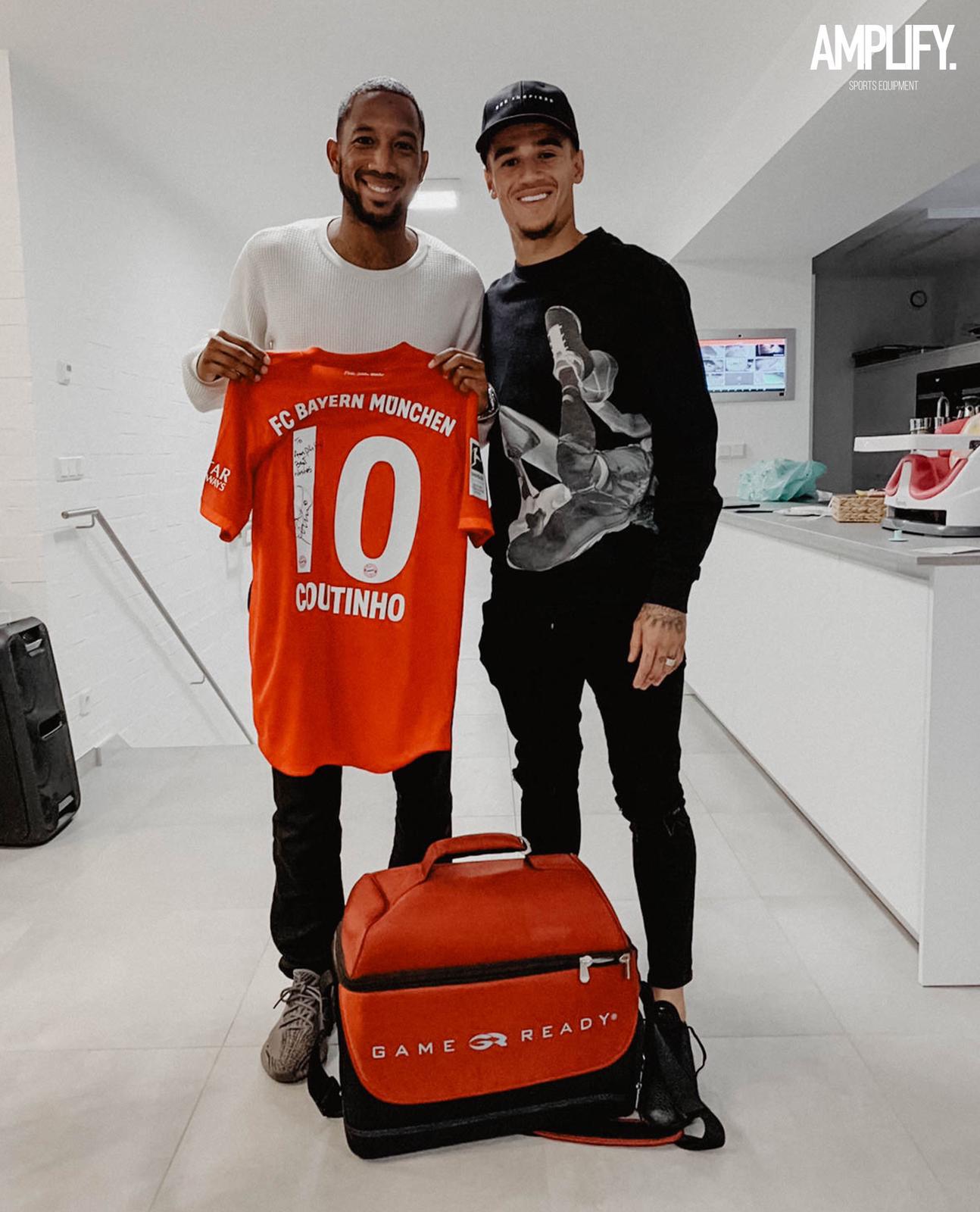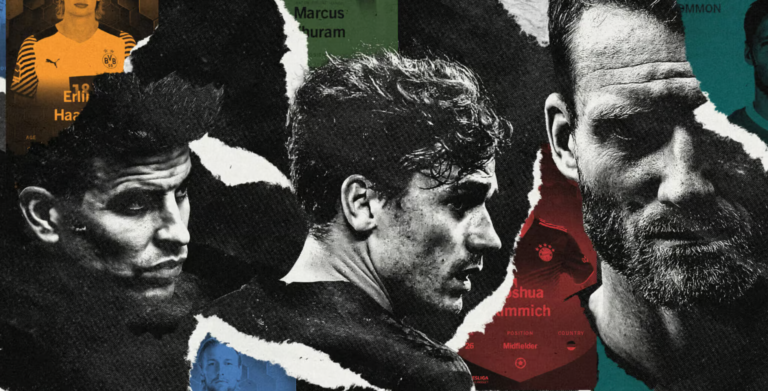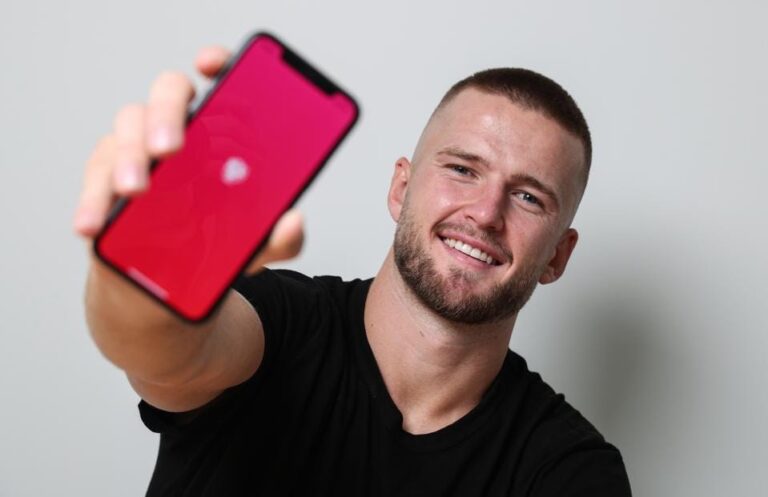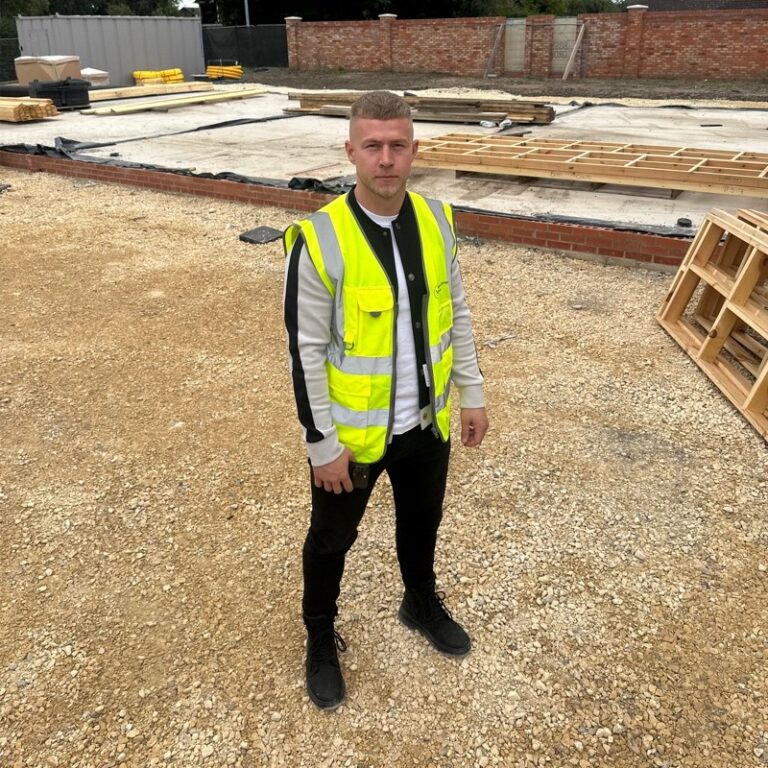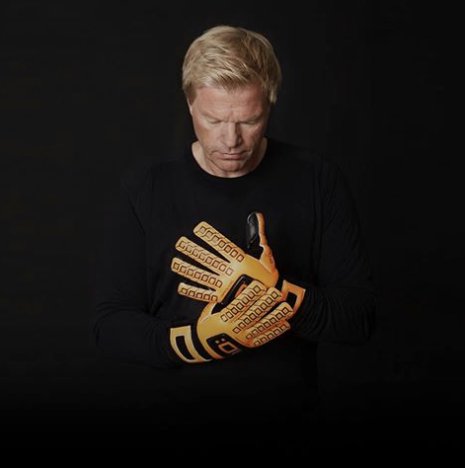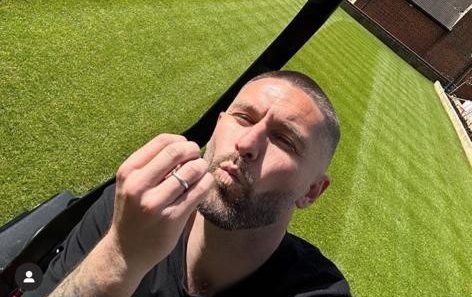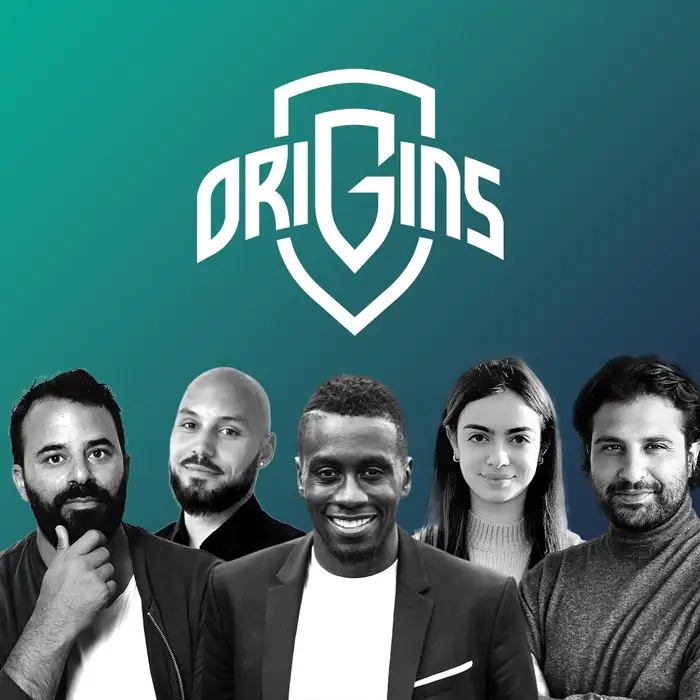Let’s begin with a story…
“It’s about hard work!”. The dictator said to his understudies. Of course, if they knew the truth, the dictator would soon be no more.
“Out of my way, you weakling!” said the Bear. “I might step on you!”.
But Mr Rabbit wasn’t afraid and stood still. So the Bear stood on him but couldn’t crush him. “I’m stronger than you think Mr Bear, even stronger than you!”
The Bear laughed, and so the Rabbit asked that he meet him on a hill the next day. “We’ll test it; if I win, you have to give me all the food in your cave and move out!”. The Bear thought it was impossible he could lose, so he accepted.
The following morning the Rabbit ran down the hill to the river where he met a Hippo. “Mr Hippo, should we have a tug of war? I bet I’m as strong as you are”.
The Hippo laughed at such a ridiculous idea but agreed. The Rabbit gave the Hippo a long rope and told him to pull when he shouted go.
Then he ran up the hill to meet Mr Bear and handed him the other side of the rope. “When I shout go, pull, and we’ll see which one of us is stronger”.
He then ran halfway down the hill to a place he couldn’t be seen and shouted: “Go!”.
The Bear and the Hippo pulled and pulled until the Hippo finally won. Just like the Dictator, the Rabbit secretly used others to achieve what he wanted. Today, huge companies are built the same way.
Uber owns no cars, Airbnb owns no property, and Facebook, the largest media distributor, doesn’t produce any content. Now, this strategy isn’t as evil as it seems.
Dutch footballer Fabian Sporkslede is proof of that. He’s genuinely the nicest guy you’ll meet (off the pitch), and even his business has this element to it.
Fabian’s company sell high tech performance and recovery equipment to some of the best athletes in the world. Needless to say, he doesn’t manufacture high tech sports equipment in his spare time.

To find out how we must first go back six years to when he played for Chievo Verona in Italy.
At 19 years old, Fabian made his champions league debut for Ajax against Real Madrid. Three years later, and with Mino Raiola as his agent, he found himself in Verona. They aren’t his fondest memories, but without them, his company may not be here today.
Like many of us, Fabian spent a lot of time thinking of business ideas. You’ll find that the more you learn, the more ideas start to flow (That’s why we’re here). But what gives us the conviction to go with one over the other?
To put it simply, it slaps you straight in the face.
A teammate needed a Compex muscle stimulator and said he couldn’t find one anywhere. Being the good friend that Fabian is, he volunteered to help.
After looking everywhere, Fabian contacted Compex directly and asked if a specific model was available. They said, indeed, they would just need to know his commission rate. Totally puzzled, Fabian said the first number that came to mind:
“30! My commission rate is 30%”. Fabian had just made €400 by doing a favour for a friend.
Now, there’s a thin line between cunning and clever, especially in business. But knowing Fabian as we do, we’re sure the following was just good practice. Here’s what he did next:
He didn’t send the Compex to the training ground as we all would; oh no… he sent it to his apartment instead. He planned to make a spectacle at training the next day. He arrived just a little later than usual, walked into the changing room and handed his mate the new Compex.
You can guess what happened next. Yep, Fabian received six more orders from other players in his team, and the idea for Amplify was born.
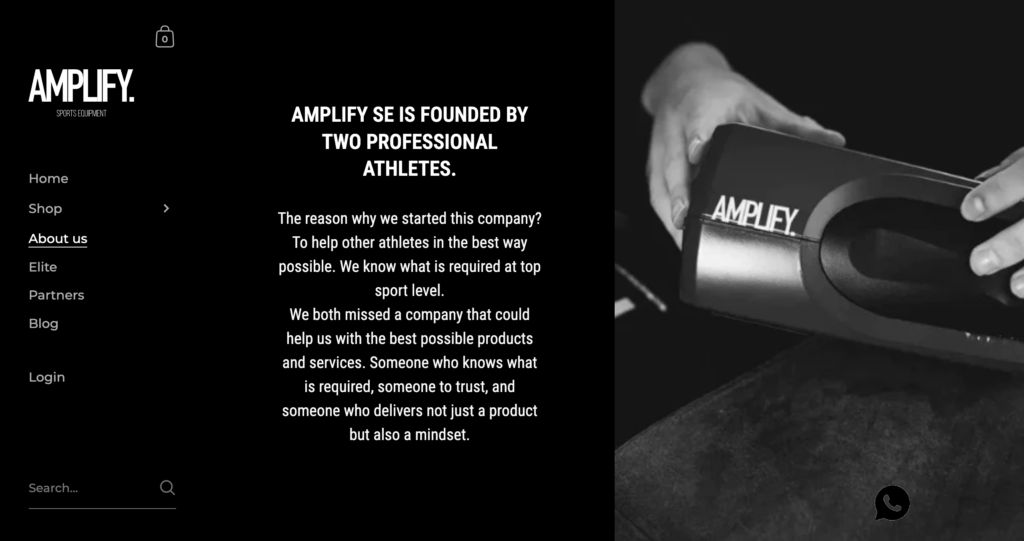
Fabian launched Amplify with his friend Mark Klok — the former Oldham athletic midfielder, now playing in Indonesia. (A machine, by the way).
He emphasised the importance of narrowing down to a specific niche (group of people). The idea was to sell branded products to a mass market. But they realised this approach didn’t work; no one wanted Amplify’s yoga mats and resistance bands.
Instead, they focused on working with top athletes. After all, selling one game ready was as good as selling 300 bands.
Save yourself some time. When thinking of your next business idea, stick within these guidelines:
- Sell to people with money to spend.
- Sell a product/service to help people make more money.
- Sell a product/service to help people improve at work.
By staying within these parameters you’ll see less friction when convincing customers. Why? Because you’ll be solving valuable problems. No matter how good you think your idea is, don’t fall into the trap of selling everyday products to everyday consumers. It may well work, it will just be 100x harder.
Amplify has sold tens of thousands of pounds worth of equipment to players like Matthias De Ligt, Ryan Babel, Quincy Promes and Philippe Coutinho.
According to Fabian, this is just the start — we think he’s right. He gave us an example of a player in the Bundesliga that needed a game ready because his club didn’t have one.
Now think, if a top-flight club in Germany doesn’t have this equipment, how many players could Amplify potentially serve? Fabian also revealed that most of his clients are Dutch. There’s a lot of money left on the table.
Finding a niche isn’t always about finding a small group of people.
Instead, it is about finding a specific group of people. Often what starts small can end up being huge over time. Notice how Fabian and Mark’s business ticked all the boxes we mentioned.
How you can capitalise
Getting others to do the bulk of the work sounds great, but how do you build a business around it?
Ever heard of dropshipping? Well, there’s an easier, more profitable business model: Drop-servicing. It’s simple:
- Find a customer that needs a service.
- Sell them that service.
- Out-source the work to someone else and keep the profits.
As a drop servicer, you will act as a middleman, finding freelancers and bringing them projects while owning the entire client relationship.
This isn’t a totally new model, it’s similar to the work agencies have done for years. But with instant access to highly skilled freelancers and simply made websites, the opportunity to make a profitable business is bigger than ever.
Again, think of a specific niche. What service do you have a basic knowledge of (enough to answer customers’ queries) that companies would pay a lot of money for?
Remember what Fabian said, don’t think too broadly — niche down. Services like graphic design, web development and marketing are oversaturated and don’t solve a specific enough problem.
Liam James Kay, a YouTuber based in the UK, made £6kpm in profit drop servicing book cover designs. He found a service with high search volume, designed a website, and then hired freelancers on Fiverr and Upwork.
You could get even more specific, tailoring to different genres like:
- Thriller book covers
- Novel book covers
- Autobiography book covers
- Romance book covers
For a more robust business, think of services that companies may need more than once, like patent drawing. Inventors create new products regularly and will likely pay a lot to have them protected.
Google trends is a great tool to find services that people are searching for. Although this model isn’t passive, over time, you can automate almost every part of the business to make it near enough so.
More examples of specialised services:
- Architectural designs
- Copywriting
- Business plan writing

